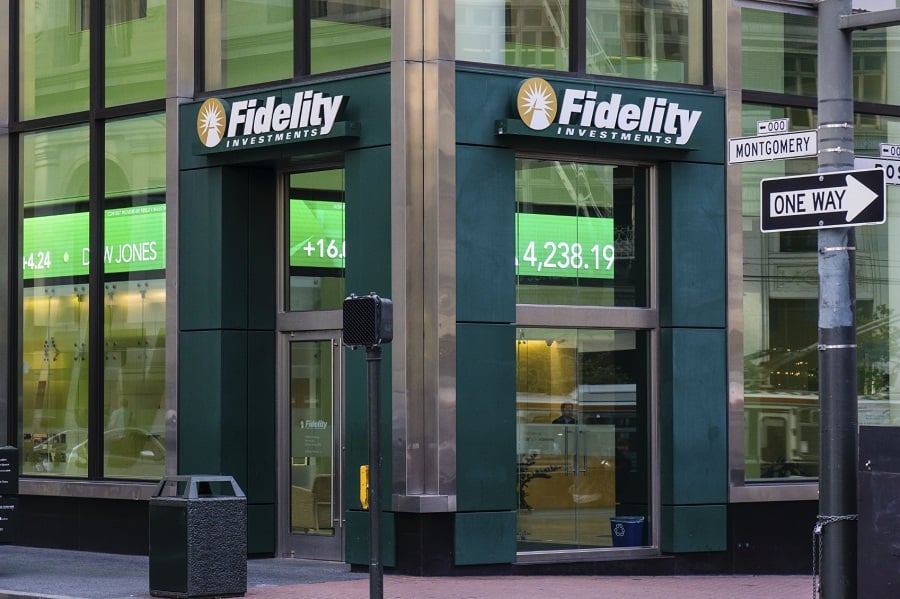

Fidelity Institutional announced that it will be the first major clearing and custody business to offer financial advisers access to fractional shares for stocks and exchange-traded funds.
There are currently six advisory firms participating in a pilot program using fractional shares, and Fidelity is preparing for a broader rollout to financial intermediaries.
The move comes two years after the Boston-based financial conglomerate began offering fractional shares to retail investors and illustrates a trend toward more portfolio customization, according to Ryan Plotner, head of transaction and banking solutions at Fidelity Institutional.
“With our industry offering more personalization for investors, advisers have been looking for a way to more finely tune investor portfolios when they include securities with high share prices or when they want to include or exclude certain securities from a client’s portfolio,” Plotner said. “With fractional share trading, we’re now giving advisers the ability to address both of those challenges.”
In addition to enabling more portfolio customization, Plotner said fractional shares will also help advisers work with smaller, and next-generation client accounts.
“This is really our first step,” he added. “There will be additional capabilities to come.”
According to a Fidelity announcement, offering fractional share trading to advisers is the first step in enabling them to offer proprietary strategies to a much broader set of clients, including the next generation of investors, at lower investment minimums.
Alois Pirker, research director at Aite-Novarica Group, described Fidelity’s move into fractional shares for financial advisers as part of a “ripple effect” from retail use.
“When something is available to retail, it will go institutional eventually,” he said. “I absolutely think fractional shares will come to other adviser platforms.”
While the argument for share fractions down to one dollar is often about providing access to stocks with high share prices to the retail investing masses, Pirker sees the bigger opportunity in the continued move toward direct indexing and more precise portfolio customization.
“This is sort of preparing the way for direct indexing where you need fractional shares, which is something we see coming,” he said. “All this micro-investing that has been going on requires fractional shares.”
Fidelity will execute all fractional trades in real-time during market hours, meaning advisers and their clients will always know the share price, unlike some firms that execute fractional trades at the end of a trading day or wait for multiple orders to add up to full shares. Fractional share or dollar-based trades must be market or limit order types and are good for the day only.

Catch-up contributions, required minimum distributions, and 529 plans are just some of the areas the Biden-ratified legislation touches.

Following a similar move by Robinhood, the online investing platform said it will also offer 24/5 trading initially with a menu of 100 US-listed stocks and ETFs.

The private equity giant will support the advisor tech marketing firm in boosting its AI capabilities and scaling its enterprise relationships.

The privately backed RIA's newest partner firm brings $850 million in assets while giving it a new foothold in the Salt Lake City region.

The latest preliminary data show $117 billion in second-quarter sales, but hints of a slowdown are emerging.
Orion's Tom Wilson on delivering coordinated, high-touch service in a world where returns alone no longer set you apart.
Barely a decade old, registered index-linked annuities have quickly surged in popularity, thanks to their unique blend of protection and growth potential—an appealing option for investors looking to chart a steadier course through today's choppy market waters, says Myles Lambert, Brighthouse Financial.
